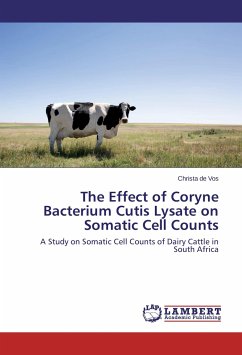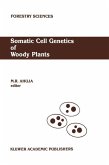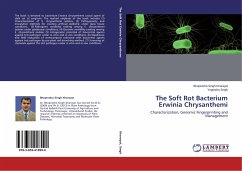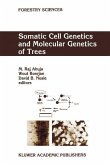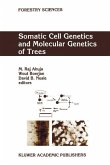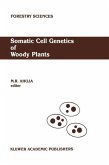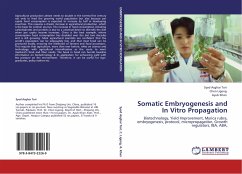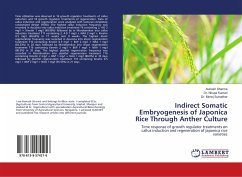Mastitis is recognized as one of the most costly diseases affecting dairy cows and a major cause of economic losses in the dairy industry worldwide. In South Africa, milk with more than 500000 somatic cells/mL is not approved for human consumption and therefore it cannot be sold. The effect of just a few cows with very high SCC on the bulk milk (tank) is so large that the entire milk from a tank can be penalised, although the vast majority of the cows have low cell counts. The SCC can be effectively controlled with antibiotic therapy, but this practice is currently not acceptable. There is a need to develop alternative strategies, besides good management practices to improve udder health and milk quality and to control SCC. The potential use of natural immunostimulant substances for human and animal health is gaining interest. There are some claims that a lysate of corynobacterium cutis - a non-specific immunostimulant, boosts the immune system of animals, rendering them more resistant to diseases in general. The main aim of this study was to evaluate the effectiveness of inoculations of Corynebacterium cutis lysate , to reduce the milk SCC's in commercial dairy cows.
Bitte wählen Sie Ihr Anliegen aus.
Rechnungen
Retourenschein anfordern
Bestellstatus
Storno

